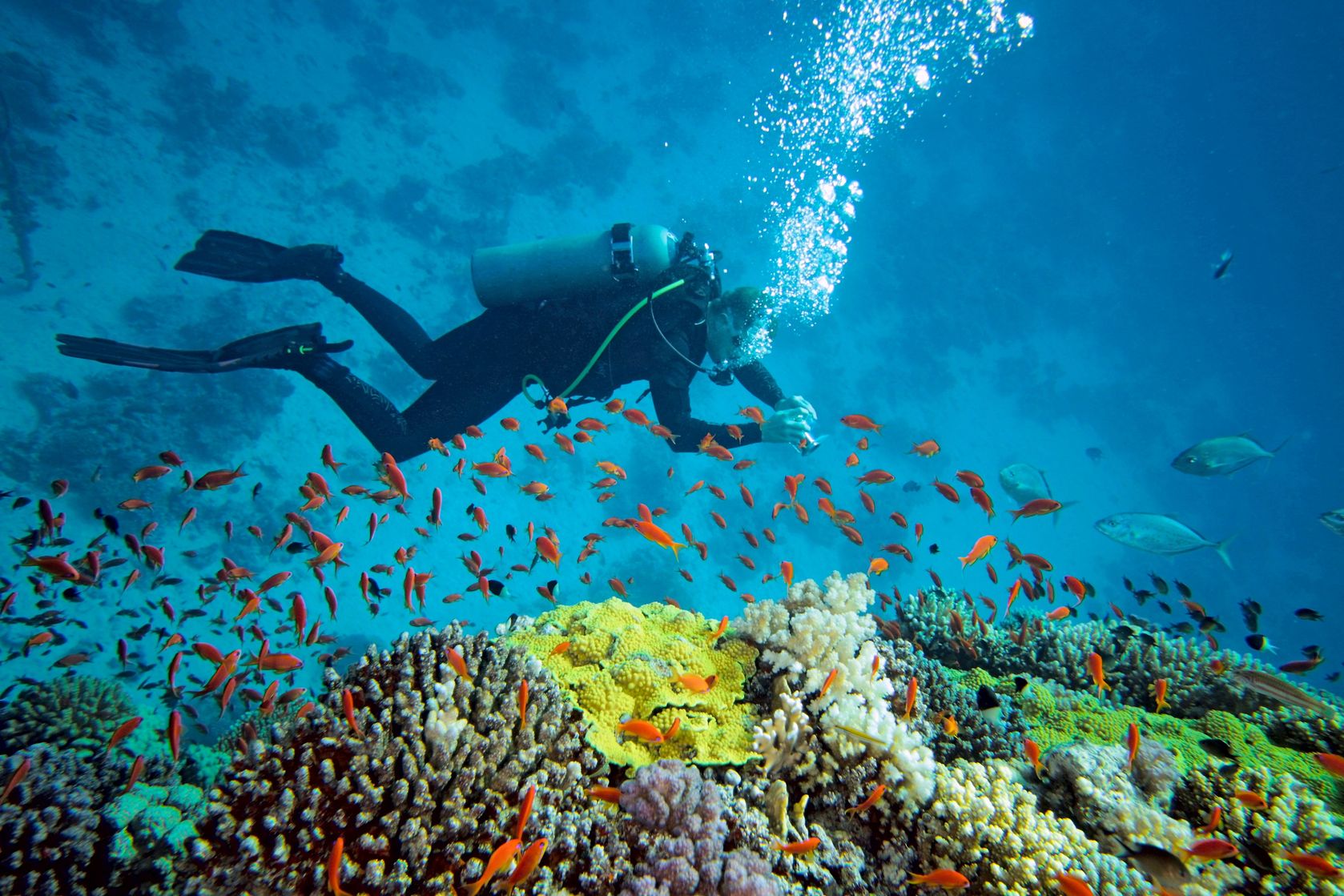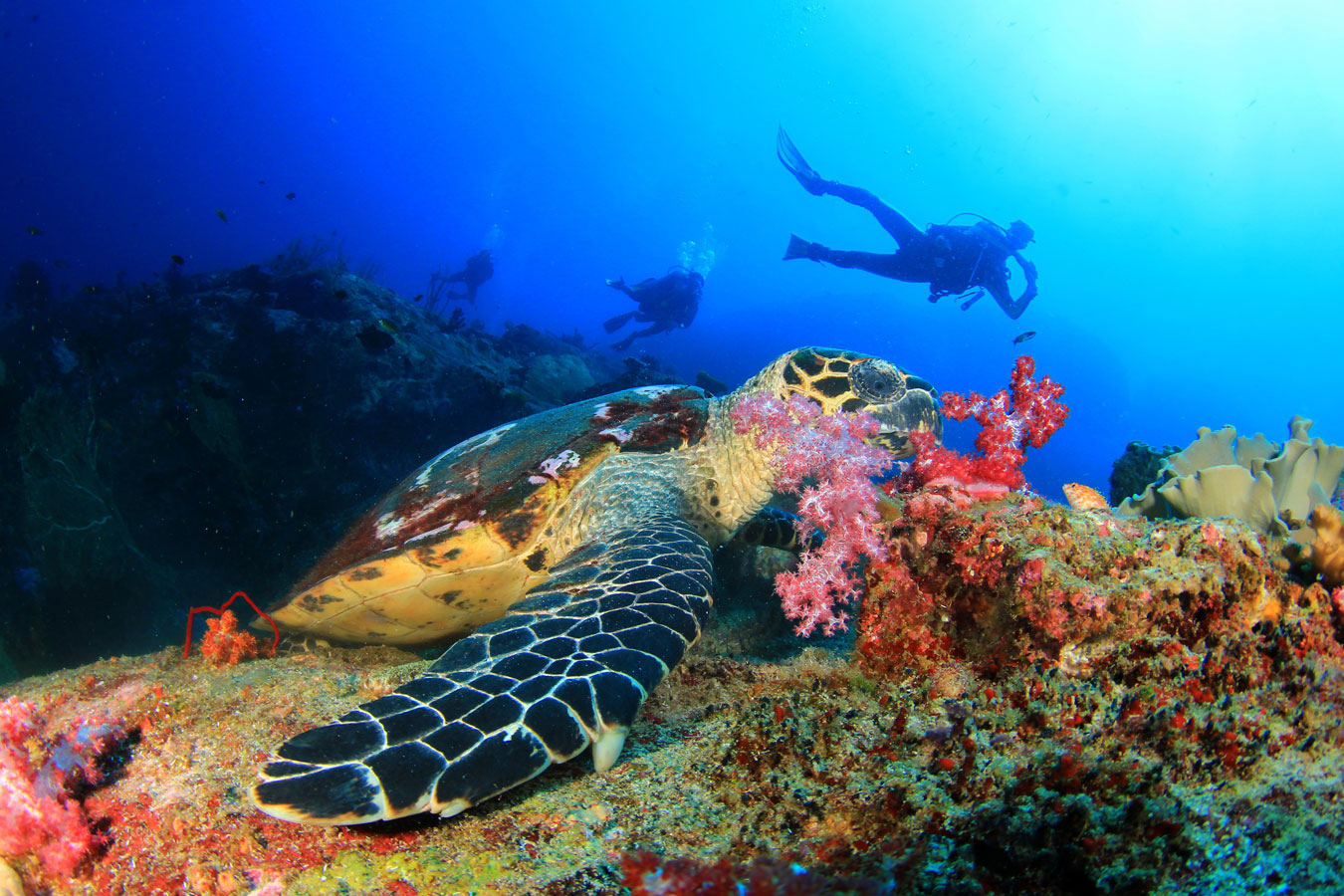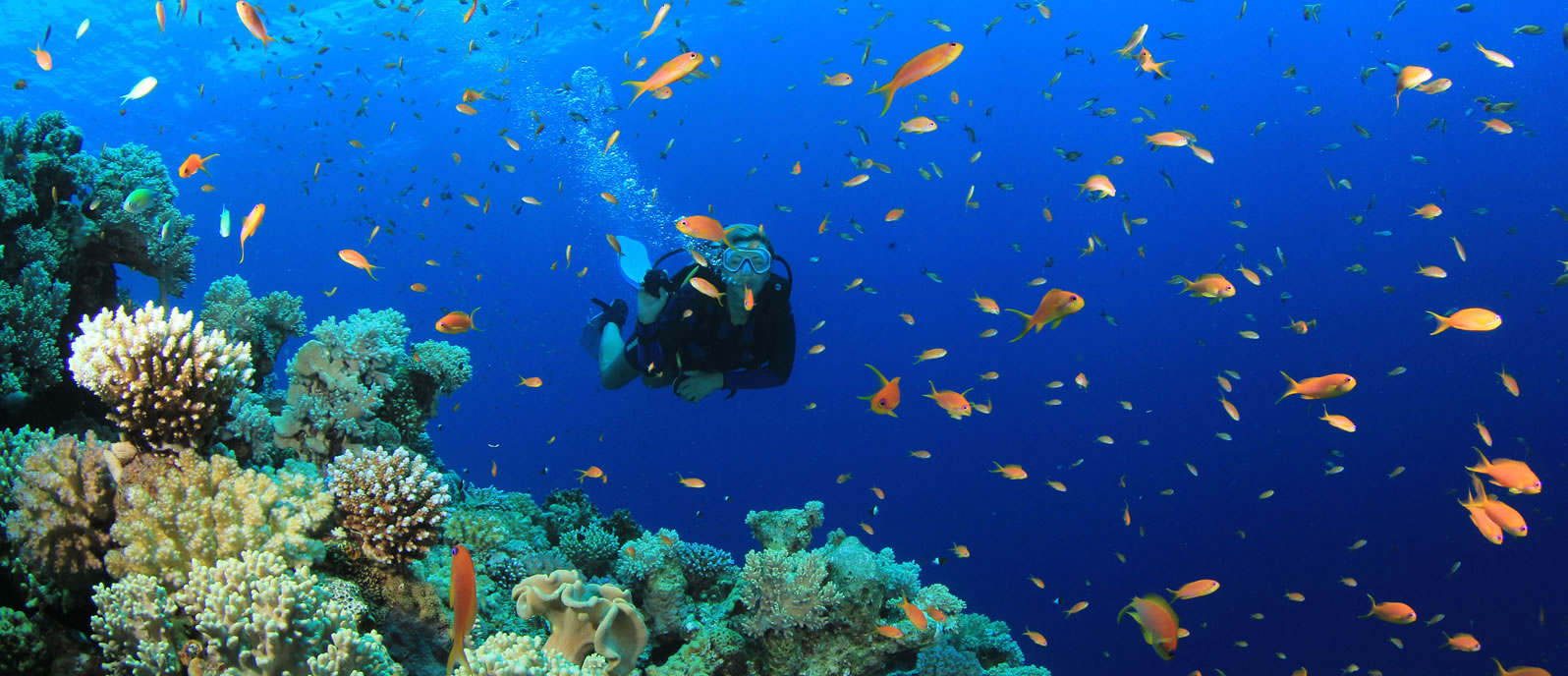Africa, up to now has generally been promoted being a land-based safari destination. The oceans as well as underwater environments have nearly been overlooked and there’s little focus on Africa and its particular Indian Ocean Islands being a dive spot among the list of worlds general dive community.
However situations are beginning to change! The entire world is beginning to understand that the African coast, coming from the coral formations of the Indian Ocean to the kelp forests of the Atlantic is among the most prosperous, most biologically diversified underwater environments on this planet.
Unique Dives
Even though Africa has numerous dive centers and resorts, its world-class diving has always been almost secret, for the reason that Africa has mainly been viewed as a ‘safari’ destination. This is actually very good news, since it implies you won’t be flanked by large numbers of other scuba divers and boats. In Africa you’ve got world class, coral reefs practically to yourself.
Undecided where to begin? Coming from shallow coral gardens to daring deep-sea dives, the help guide to Africa’s top diving destinations has something for all.
1. South Africa: unique; most southern reef on earth

Near South Africa’s KwaZulu-Natal coastline can be found the earth’s most southern coral reef. Diving is critically limited on this marine reserve, so yours would be the only dive boat at certainly one of the 15 exclusive access spots.
On the journey to your dive you might even have the opportunity to go swimming along with dolphins and, once underneath the surface, you will discover coral reefs are joining up with other life: busy cleaning channels, moray eels putting their heads into coral holes, turtles, kingfish, snappers, scorpionfish – the list somme around 1 250 species, a variety that competes that from Australia’s Great Barrier Reef.
2. Mozambique: vibrant coral reefs; whale sharks and manta rays

You can’t really fail choosing the tropical islands away from Mozambique’s coastline being a spot for your Africa diving getaway.
For beginner scuba divers and families we’d suggest the protected waters from the Bazaruto National Park: the reefs are fairly shallow having an abundant variety of soft and hard corals, various reef fish, and sometimes a turtle or manta ray sliding by. Whale sharks may also be seen in between October and December, and there is even the small possibility of finding a shy and super-rare dugong.
More advanced divers or people searching for a private island get away must toss their eyes to the north towards the far-flung islands of the Quirimbas Archipelago. Expect to see spectacular coral walls and remarkable drop-offs patrolled by pelagic fish and various other shark species, turtles and – in the summertime – humpback whales. The upwelling of cold water on the Quirimbas has kept all these reefs balanced, brilliantly colored and overflowing with life. It is still a somewhat untouched diving destination with brand new dive spots being found constantly.
3. Seychelles: warm, crystal clear water; rich underwater life

The Seychelles is really a leading diving spot having an array of sites to fit divers of any levels. Even though some of the coral was bleached in 1998, it has restored well, and also the variety of marine life within the warm, crystal clear Indian Ocean is certainly amazing.
Across the Inner Islands, massive granite boulders rest placed on the ocean floor making shallow coral holes with a kaleidoscope of unique saltwater fish together with octopus, hawksbill turtles, eels as well as nudibranchs. For more enhanced divers, the remote spots across the Outer Islands provide the possibility of seeing mantas, sailfish and even perhaps a hammerhead shark.
4. Zanzibar: shallow coral reefs, drift dives and steep coral reefs walls

The Zanzibar Archipelago provides this kind of diversity of dive spots – coming from protected coves to remarkable wall, drift and night dives – which anybody coming from a complete newbie to an experienced pro will likely be left seeking more.
In between Pemba Island as well as the mainland is really a deep channel with amazing corals of all types, whilst the Levan Banks close to the Pemba Channel is well-liked by advanced divers because of powerful currents (you could actually go with the flow), and we would also recommend the marine park close to Mnemba Island: an atoll having a shallow reef surrounded by steep coral walls falling down around 40 meters.
5. Mauritius: great for newbies

This tropical isle of Mauritius is nearly totally enclosed by a coral reef making protected waters with strangely shaped corals and vibrantly colored fish darting around – ideal for newbies! – while more professional divers are certain to enjoy going through the wrecks, caverns, tunnels as well as pinnacles further away from the sea.
